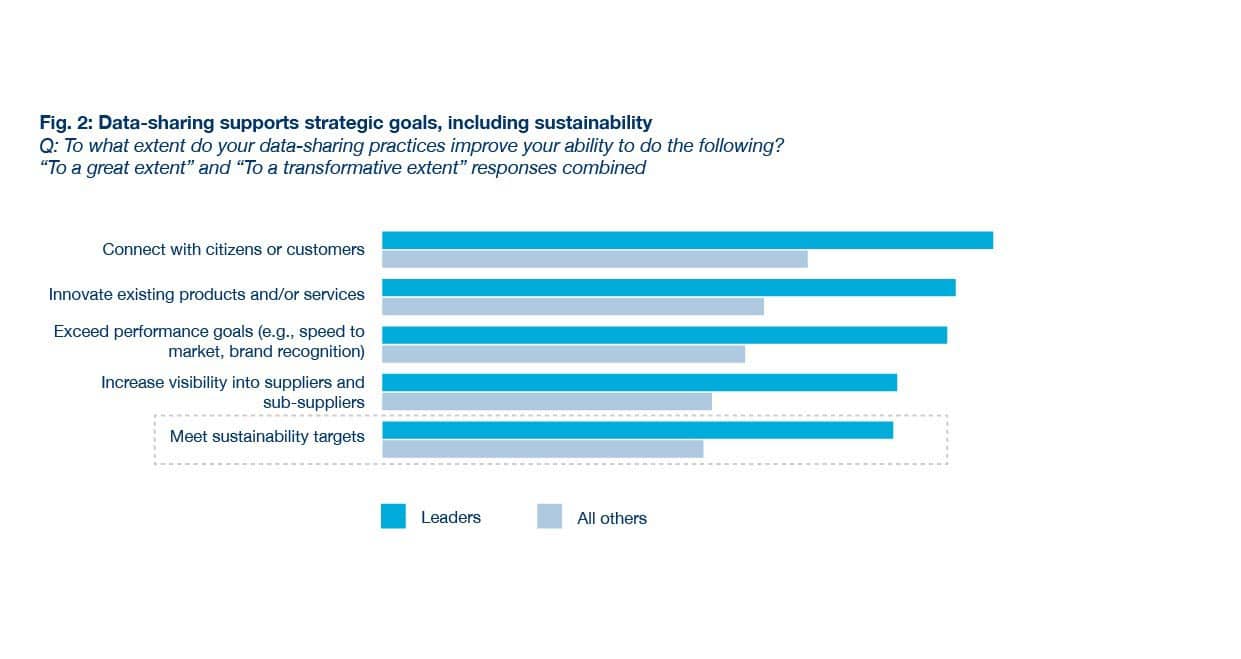As we write this, almost 1 million people have died of COVID-19. We still do not have a vaccine for this terrible disease. Until science comes through, those in the northern hemisphere face another cold-weather season confronted with the hard reality that life is fragile.
Under these grim circumstances, business as usual is still a long way off in most economic sectors. The pandemic has brought into sharp focus the interconnectedness of society, business, and the environment. Just as communities must band together in times of crisis, business leaders must accelerate the shift from shareholder primacy, as advocated by economist Milton Friedman in 1970, to stakeholder primacy.
Today, while lives are at risk, all stakeholders — customers, partners, employees, and investors — want assurance that the companies they associate with are committed to doing the right thing. They advocate that the purpose of a corporation extends beyond just achieving shareholder value, and insist that both purpose and profit must co-exist.
Your Stakeholders Are Watching You
In quieter times, companies may have deferred to their marketing departments for headline-generating initiatives around “doing good.” But then, some companies went off and did something completely different, lacking in social consciousness or environmental awareness.
Recent headlines are loaded with examples of companies behaving badly during the coronavirus pandemic — accepting undeserved government subsidies, putting employees at risk in unsafe work environments, hoarding user data for dubious ends, and polluting the environment. The difference now is that stakeholders are in no mood to tolerate the double-speak and bad behavior. These same stakeholders are spending more time at home, interacting on social media platforms, and are spending fewer dollars on indiscriminate frivolities. In the wake of the pandemic and protests, purpose is suddenly a superpower for brands authentically seeking to make a positive impact on people’s lives.
In the Conscious Consumer Spending Index published by socially responsible marketing group The Good Must Grow, 76 percent of respondents said that how a brand treated employees, customers, and communities during the pandemic would factor into their decision to support that brand after the pandemic.
According to McKinsey, 75 percent of consumers have tried a new shopping behavior during the crisis, with 36 percent of those readily switching to a new brand. Leading the way are larger, trusted brands that ensure good availability of essentials. Slipping in the rankings are brands that have treated stakeholders with casual disregard, used “purpose washing” as a fig leaf, and have left people hanging due to broken promises.
Life may be fragile, but trust is even more so.
Leading with Purpose to Integrate Social, Strategic, and Environmental Goals
How do best-run companies integrate purpose into their business objectives with action and accountability? A newly released study from Oxford Economics and SAP, based on the responses of 3,000 executives, revealed a connection between holistic management practices, examining how each part of the business can contribute to the overall corporate goals, and business outcomes.
Purpose-driven companies see the entire web of relationships within and beyond the organizational firewall as a unified entity — a network of sorts — that operates smoothly, dynamically, and as part of a cohesive strategy. Companies that are managed holistically, working with customers and employees to better society, tend to outperform their industry peers in areas such as innovation, employee retention, and profitability growth.
The leaders of these companies, who make up just six percent of the overall respondents, overwhelmingly say they have integrated communication and data-sharing processes across the business, increased transparency into operations, broken down organizational silos, and invested in collaborative technologies. They also report they have created — and taken — meaningful action to enact a clear and consistent purpose-driven message.

SAP’s Commitment to Purpose-Driven Business
For decades, SAP has been leading with purpose on a quest to help the world run better and improve people’s lives. With a commitment to serve as both an exemplar and enabler of purpose, SAP is making a meaningful impact in the following areas: circular economy, climate action, skilled and inclusive workforce, equality for all, social and inclusive entrepreneurship, and mental health and well-being.
But no company can do it alone. SAP is committed to helping every customer become a best-run business, equipped to achieve meaningful business outcomes that combine both profit and purpose. As the 17th most valuable brand in the world and as Germany’s most valuable brand, SAP is in a strong position to connect people and information around pressing issues that affect all of us, on a global scale.
Learn more about how SAP is working in collaboration with its entire purpose network of customers, partners, employees, shareholders, thought leaders, academics, non-profits, government agencies, consumers, and influencers to bring about change. Visit sap.com/purpose



